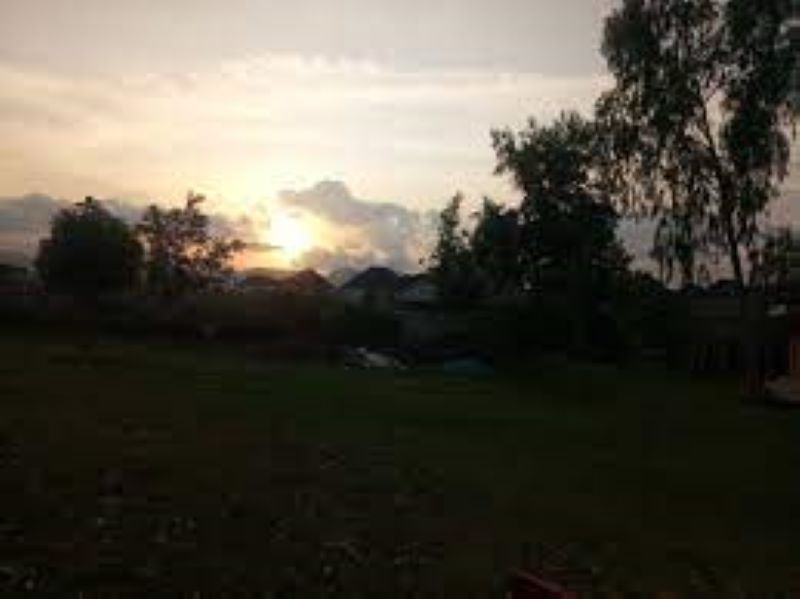In 2015, the comity of Nations put in place Paris Agreement, a legally binding international treaty on climate change. The agreement is considered a landmark effort in addressing Climate Change, it is a binding agreement that brings together nations for a collective cause to embark on determining work to fight climate change and adapt to its consequences.
Besides the Paris Agreement, the United Nations in its General Assemblies has since made climate change a fundamental of its discourse. Good as these ambitions look, it does appear countries do not make tangible efforts in addressing climate change beyond political proclamations.
As countries continue to make political commitments to addressing climate change, it is impacting communities globally with the poor being the most hit. And, its impact on drought, food insecurity, and pastoralist movement has since made the local farmers and rural communities bear a considerable burden and has largely contributed to conflicts in some West African States.
As rural and urban communities continue to suffer climate change impact in Africa particularly in West Africa, there appears to be no concrete and tangible outcomes in its mitigation. Efforts seen by states do not go beyond political proclamations. In Nigeria for instance, the country has put in place legislation (Climate Change Act) and established Climate Change Council.
Although Nigeria’s ambition to address climate change looks promising, apart from the non-state actors who are climate change activists and advocates, the state is yet to translate her ambition to real tangible outcomes with measurable impacts.
One key thing that resonates in our climate change work is a huge lack of awareness among citizens and how its impact contributes to drought, food insecurity, environmental hazards, health, and many more.
Please read Climate Change is fake, don’t tell us about it
Having identified this vacuum, we appeal to the Nigerian states and countries in West Africa to mobilize public education and awareness of climate change. And, in doing that, the media, civil societies, and development communication professionals must be allowed to take the lead with the locals in the centre of message design and dissemination.
This is most fundamental because, in our effort to address climate change, we are yet to acknowledge the truth that journalists and media in West Africa have a huge knowledge deficit of the issues. And, this ought not to be so, if we must engage in advocacies and campaigns that must lead to getting the larger population to key into climate change mitigation.
We must immediately begin training climate change journalists and advocates, and in that training, local reporters and community organizations must be brought on board to play a critical role because of the trust they have built among their people.
MAWA Foundation


Partnership Application.
I am writing to inquire about the opportunity to participate in the program. Thank you.